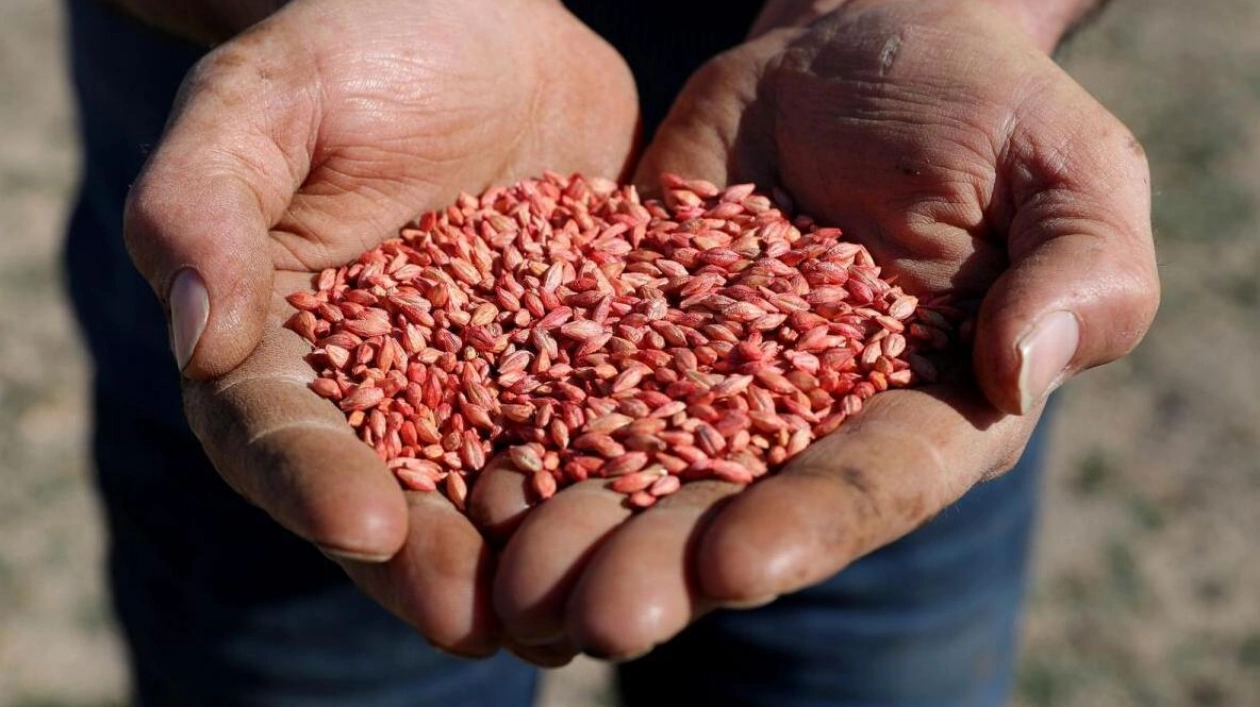A growing number of Australian farmers are expressing dissatisfaction with the government's climate and agricultural policies, according to a survey released on Wednesday. This discontent mirrors similar farmer protests in Europe and other regions over environmental protection measures. Australia ranks among the world's largest agricultural exporters, shipping nearly $50 billion worth of diverse products such as beef, wheat, and wine during the 2022-23 financial year. Since assuming power in 2022, the Labour government has enacted laws banning live sheep exports and limiting agricultural water usage in certain areas. Additionally, the government has increased biosecurity fees for farmers and advanced renewable energy projects in rural areas, sparking resentment within the farming community.
The survey, conducted by the National Farmers' Federation (NFF) and communications agency Seftons, revealed that 73% of the 1,026 farmers polled felt that government policies were detrimental to the industry, a significant increase from 54% the previous year. Eighty percent of respondents believed that the government neither understood nor listened to farmers, up from 41% last year, with only 10% perceiving a positive government plan for the agricultural sector's growth. Half of the farmers surveyed anticipated an increase in Australia's food and fiber production over the next decade, down from 56% a year ago.
NFF president David Jochinke commented, "The results are not surprising. Critical issues such as the live sheep export ban, biosecurity tax, and water buybacks have heavily impacted farmers." He added, "Farmers are frustrated; they feel unheard and are being overwhelmed by policies that seem driven by activist groups or politicians, not by farmers themselves." Earlier this year, farmers in several European countries protested various issues, including stringent environmental regulations.






